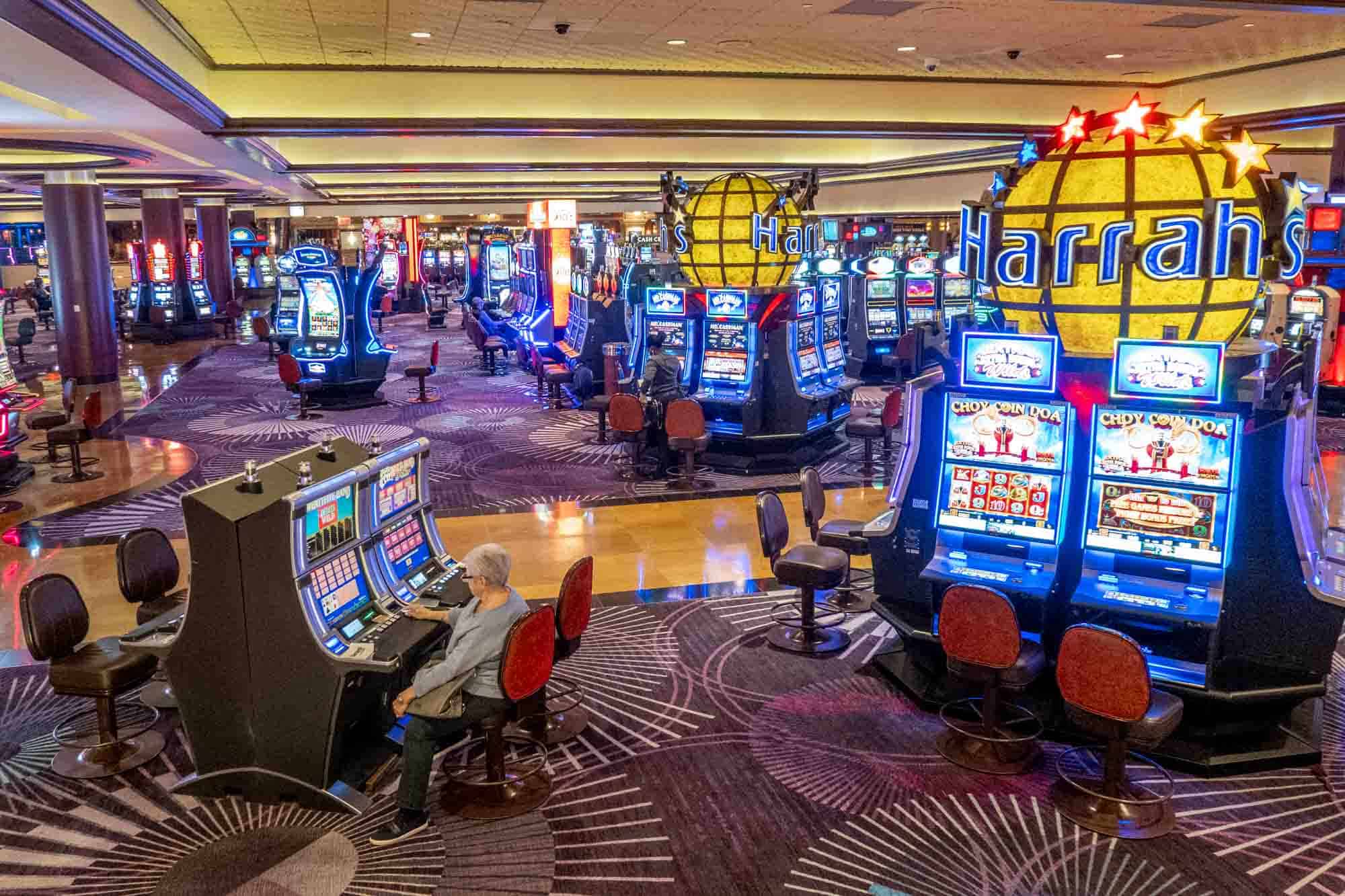Gambling has been an important part of human recreation for thousands of years, transforming through cultures and eras to become the exciting casino games we know today. From the ancient Chinese and Romans, who participated in multiple forms of gambling and luck, to the modern gaming floors of contemporary casinos, the appeal of gamble and winning has enchanted individuals across the globe. The shift from simple dice games and primitive betting setups to the opulent environments of contemporary casinos reflects significant strides in both cultural standards and technological.
As cultures evolved, so too did the complexity of gambling activities, with gambling activities emerging as a distinct category of leisure and thrills. These games have changed from casual gatherings centered around wooden tables to expansive, lavish establishments designed to attract players. Today, we explore this captivating journey, examining how traditional practices laid the foundation for the diverse and thrilling casino games that bring joy to countless people worldwide.
spintax
Ancient Gambling Practices

Gambling has significant roots in human history, with proof of activities of chance dating back to ancient civilizations. Archaeologists have found that as far back as 3000 BC, the ancient Chinese were using basic forms of betting with dice made from wood. Similarly, ancient Mesopotamians engaged in gambling activities, often relying on the throwing of lots or dice to determine winners. These early forms of betting served not only as amusement but also played vital roles in social and cultural customs.
The Egyptians also were involved in betting activities, with games that included betting on the outcomes of various events, including sports and religious festivals. Items such as dice and depictions of players from ancient tombs demonstrate that gambling was a popular pastime. It provided both entertainment and a means of engaging in social interaction, often linked to festive occasions or significant gatherings. kèo nhà cái This activity demonstrated the universal appeal of chance and competition throughout history.
In ancient Rome, wagering became a commonplace practice among the citizens, as reflected by references in texts and the establishment of guidelines around certain activities. Romans enjoyed a variety of betting activities, from wagering on horse races to playing games like modern-day board games. The legal structure surrounding these activities began to take shape, establishing the foundations for gambling regulations that would develop in the centuries to come. The prevalence of betting during this period set the stage for the development of casino games in the future.
The Progression of Casino Games
Casino games have gone through significant transformations from their beginnings to the modern-day entertainment offerings. In early civilizations, gaming was often connected to ceremonial practices, with games of dice found in the ancient Mesopotamian region and betting on the outcomes of events in old Rome. These early forms of gambling laid the basis for the organized games we see today. The transition from informal gambling to organized games took place as societies began forming rules and venues for wagering, showing cultural values and practices.
The medieval period saw the development of card games, which gained fame among European nobility. Games like first and baccarat became mainstays in social gatherings. The invention of printing technology further enabled the spread of playing cards, making them more accessible to the general public. As gambling houses began to increase, these card games developed into different forms that appealed to wider audiences, eventually leading to the establishment of casinos as dedicated venues for gaming.
The 20th century marked a crucial point in the progression of casino games, with the growth of commercial casinos in Vegas and other betting centers. This era introduced games like slot machines and modern variations of table games, complete with sophisticated graphics and complex betting structures. The arrival of online casinos in the tail end of the 1990s further revolutionized the gaming industry, allowing players to access a wide range of casino games from the comfort of their homes. Today, casino games persist to progress, blending time-honored elements with state-of-the-art technology to create immersive experiences for players worldwide.
Contemporary Gaming Laws
In recent years, the area of gaming regulations has changed considerably, especially as tech advances and online gaming have become more prevalent. Regulatory bodies around the globe have enacted multiple laws and guidelines to guarantee that gaming activities are performed equally, with responsibility, and clearly. These regulations often cover factors such as licensing, advertising, player safeguards, and sensible gambling measures. Authorities aim to reduce problems such as problem gambling and cheating while supporting a equitable gambling environment.
The growth of internet gambling sites has created a need for a different approach to oversight. Many legal areas have established dedicated internet-based gambling structures that serve internet-based gaming, enabling operators to provide their offerings within the law. These frameworks often demand operators to obtain licenses, follow strict safety protocols, and offer customer support options to assist players. By closely monitoring online activities, authorities can more effectively protect players from risks and ensure that gambling is carried out in a safe manner.
Additionally, contemporary gaming regulations are progressively focusing on sensible gambling initiatives. Many casinos and internet-based sites now adopt features such as player exclusion, financial limits, and time-outs to help players control their gaming habits. Educational campaigns aimed at educating about the dangers of gambling are also frequent. As the sector continues to grow, the emphasis on responsible gaming remains a cornerstone of governing efforts, showing a dedication to promoting a secure and pleasant gaming experience for all gamblers.
